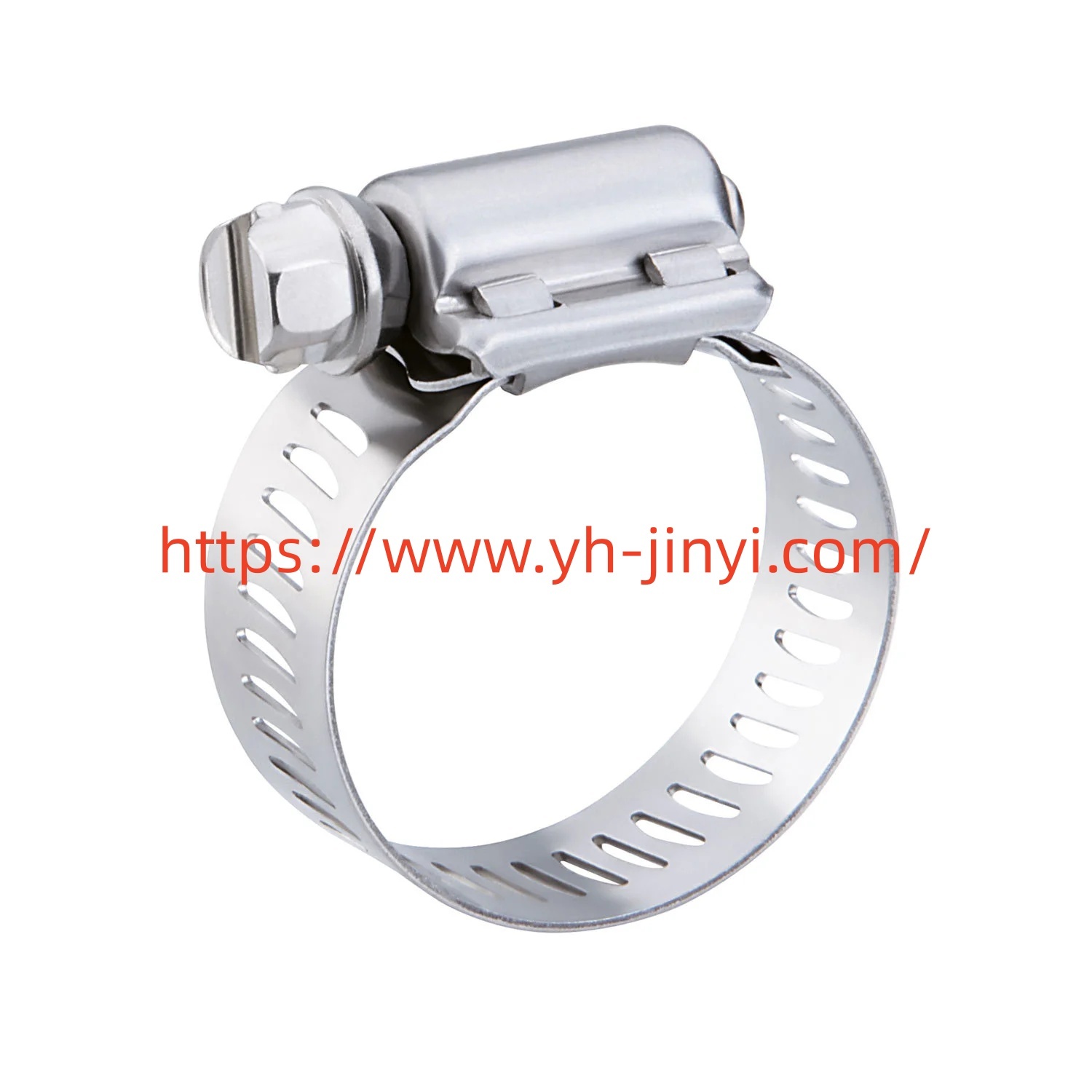Related Blogs
Why Should You Choose JINYI Clamps Supplier for Stability
3 minutes, 55 seconds
-247 Views 0 Comments 0 Likes 0 Reviews

Clamps Supplier plays a central role in stable and continuous equipment usage across industrial environments. When manufacturers look for long term cooperation, the goal is not only to purchase items but to build a sourcing partnership that improves consistency, simplifies inventory work, and reduces production interruptions. Selecting a suitable supplier requires more than comparing product categories; it involves evaluating durability support, delivery planning, and the professional responsibility of the company offering the service.
Industrial clamp components affect the reliability of many machines, pipe systems, automotive assemblies, and processing lines. Uneven sourcing leads to part variation, resulting in fitting problems, performance imbalance, and frequent replacements. A reliable partner can help avoid these situations by maintaining product accuracy and supplying items that stay compatible with equipment standards over time. Rather than seeking immediate cost reduction, businesses should evaluate the long range impact of stability on maintenance, storage planning, and operational costs.
A long term cooperation approach also makes it easier to manage order forecasting. Bulk purchasing has value only if the specifications remain unchanged and arrive at the agreed timeframe. A dependable partner supports regular shipments, appropriate packaging, and adaptable service once production needs change. This flexibility allows industrial users to scale production without unpredictable downtime caused by sourcing problems. Companies planning continuous operation schedules benefit from shared planning responsibility with their provider.
Another factor to consider is communication quality. Working with a professional supplier means receiving technical support, accurate documentation, and the ability to request product adjustments when the equipment changes. A suitable partner understands usage scenarios and helps recommend the appropriate configuration based on intensity levels, temperature conditions, or pipeline pressure expectations. This type of cooperation reduces trial-and-error shopping and minimizes mismatches in technical parameters.
Choosing a supplier also influences long term maintenance. When compatible items are purchased repeatedly from the same partner, replacement and installation processes become easier for technicians. Time spent adjusting or refitting parts is reduced. Furthermore, stable sourcing aligns with risk control strategies because manufacturers avoid uncertain stock conditions from unreliable providers. This allows companies to standardize components, train workers faster, and strengthen safety practices.
A professional, long term focused partner such as JINYI offers cooperation built on consistent standards, dependable delivery planning, and support for scalable demand. Industrial buyers gain not only parts but also assistance to maintain reliable operation through extended service periods. This relationship encourages predictable production cycles and a simplified approach to component management.
Businesses planning growth or maintaining continuous processing can benefit from building structured partnerships. To choose effectively, it is important to evaluate stability, communication effectiveness, compatibility consistency, and cooperation support, rather than focusing solely on cost. When these conditions align, sourcing becomes a strategic advantage instead of a recurring challenge.
For those looking to strengthen procurement reliability, more product information can be viewed at https://www.yh-jinyi.com/product/.
Photos

